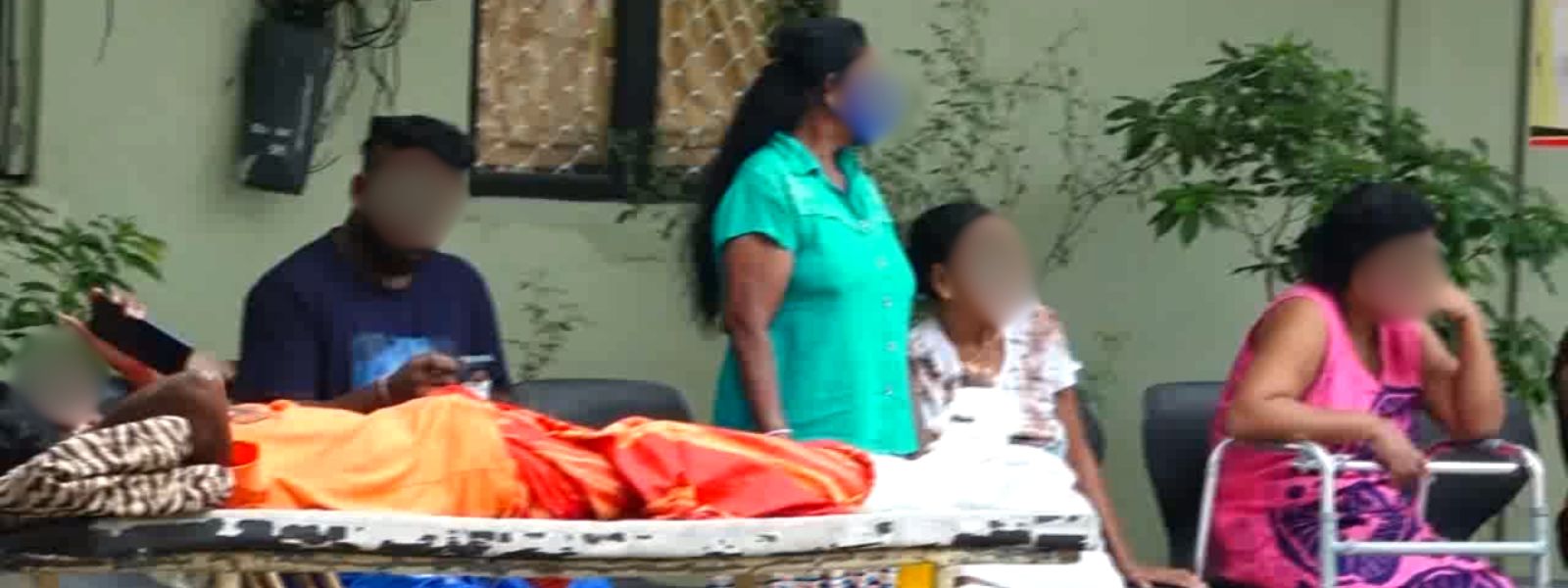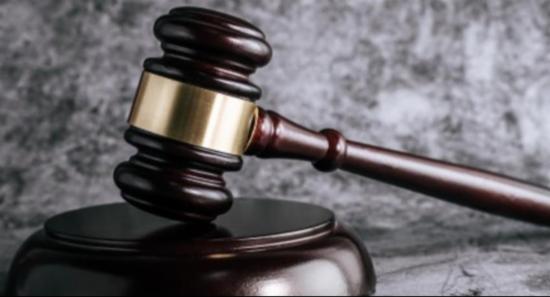.webp)

‘If They Don’t Write Prescriptions, How Will We Survive?’ | Patients Caught In The Crossfire As Doctors Withdraw Service
COLOMBO (News 1st); For one woman at Colombo National Hospital, Monday’s visit turned into a nightmare.
“If they don’t write the prescription, how will we survive? The hospital only gives medicine for a day or two. After that, what do we do?” she asked, frustration and fear etched on her face.
“This is unfair. If the government has provided everything they need, why are they doing this? We are the ones suffering.”
Her story echoes across Sri Lanka as the Government Medical Officers’ Association (GMOA) launched a nationwide trade union action at 8 AM, protesting what they call the government’s neglect of healthcare and medical professionals in the 2026 Budget.
Under the strike, doctors have withdrawn from several key services, including:
Issuing prescriptions for medicines unavailable in hospitals for patients to buy externally.
Providing recommendations for external lab tests when hospital facilities are lacking.
Participating in health camps organized by political groups.
Deploying doctors to newly opened hospital wards without adequate staffing.
While core hospital services remain operational, patients at Colombo National Hospital and Hingurakgoda District Hospital were denied prescriptions for out-of-stock medicines, forcing many to leave empty-handed.
Kurunegala Teaching Hospital reported normal operations.
Public reaction has been mixed. Some blame politics, “This strike isn’t about doctors—it’s politicians behind this,” said one man.
“If medicine isn’t available, at least write the prescription. Without that, how can we recover?”
The GMOA insists the action will continue until authorities address their concerns, while patients plead for a resolution that doesn’t leave them stranded.
Sri Lanka’s healthcare system is bracing for a major disruption as the Association of Medical Specialists (AMS) prepares to launch a two-phase strike in protest against unmet demands in the 2026 Budget.
The association announced that from November 24, specialists will withdraw from private practice, and from November 25, they will pull out of government hospital services. If no resolution is reached, the strike will escalate into a strict work-to-rule campaign starting Friday.
Dr. Rasika Gunapala, President of the Association of Medical Specialists, outlined three key demands:
Fixed Allowance for Specialists – replacing the current voucher-based overtime payment system with a dedicated allowance.
Transport Benefits – either official vehicles with drivers and fuel or implementation of the respective circular for a transport allowance.
Separate Service Constitution – creating a distinct framework for specialist doctors instead of the current common structure for all medical officers.
“We requested these changes well before the budget and expected a positive response,” Dr. Gunapala said. “But based on the information we have now, there’s no solution.”
Dr. R. Gnanasekaram, the association’s Secretary, added:
“From the 24th and 25th, we will withdraw from private and government services. From Friday onward, we will work strictly to rule until we receive a satisfactory response. That means we will only treat patients, withdrawing from all administrative and non-clinical duties.”
The announcement comes as the GMOA continues its own trade union action, signaling a deepening healthcare crisis that could leave thousands of patients stranded.
Other Articles
Featured News





.png )
-822770_550x300.jpg)

-722285-822758_550x300.jpg)


-822734_550x300.jpg)




-822716_550x300.jpg)
-822495_550x300.jpg)
-819380_550x300.jpg)

















.gif)